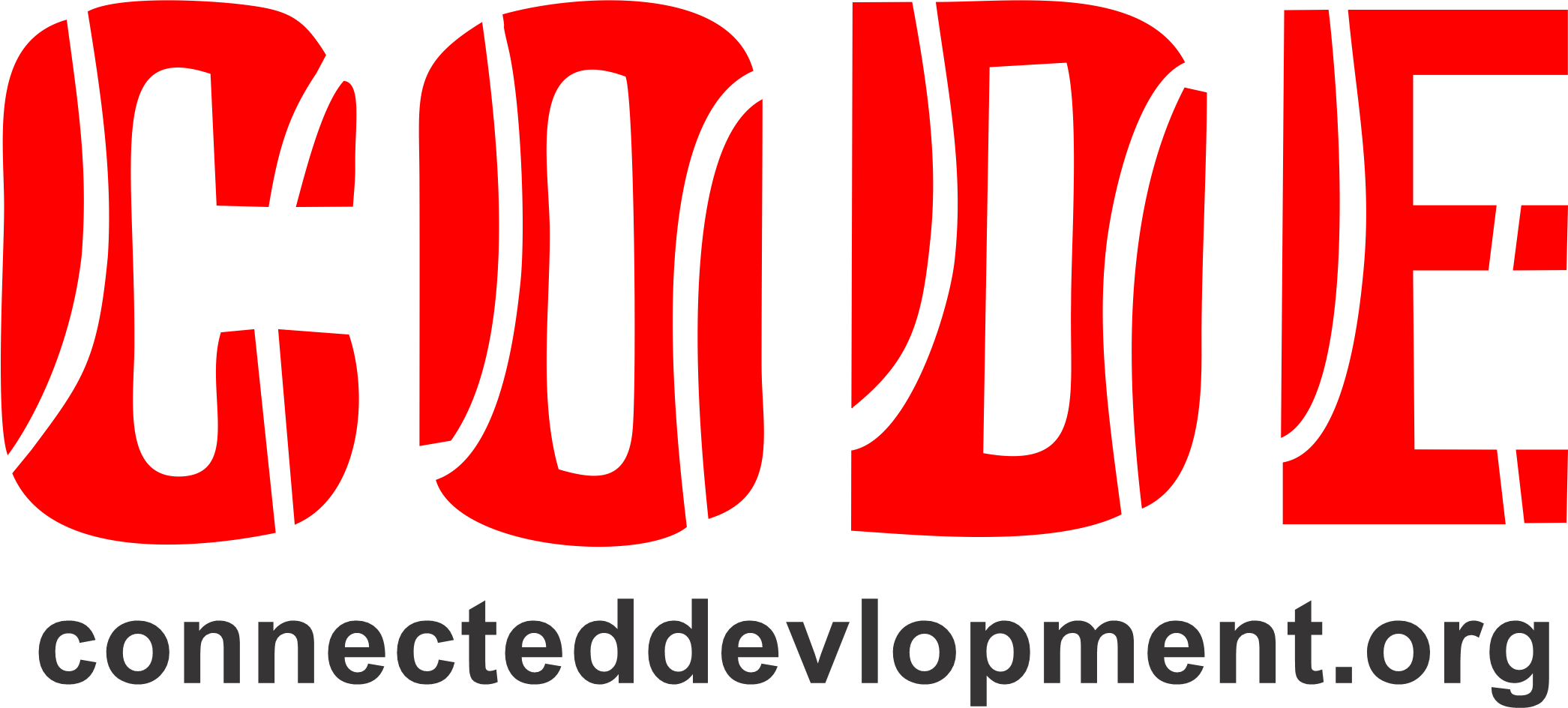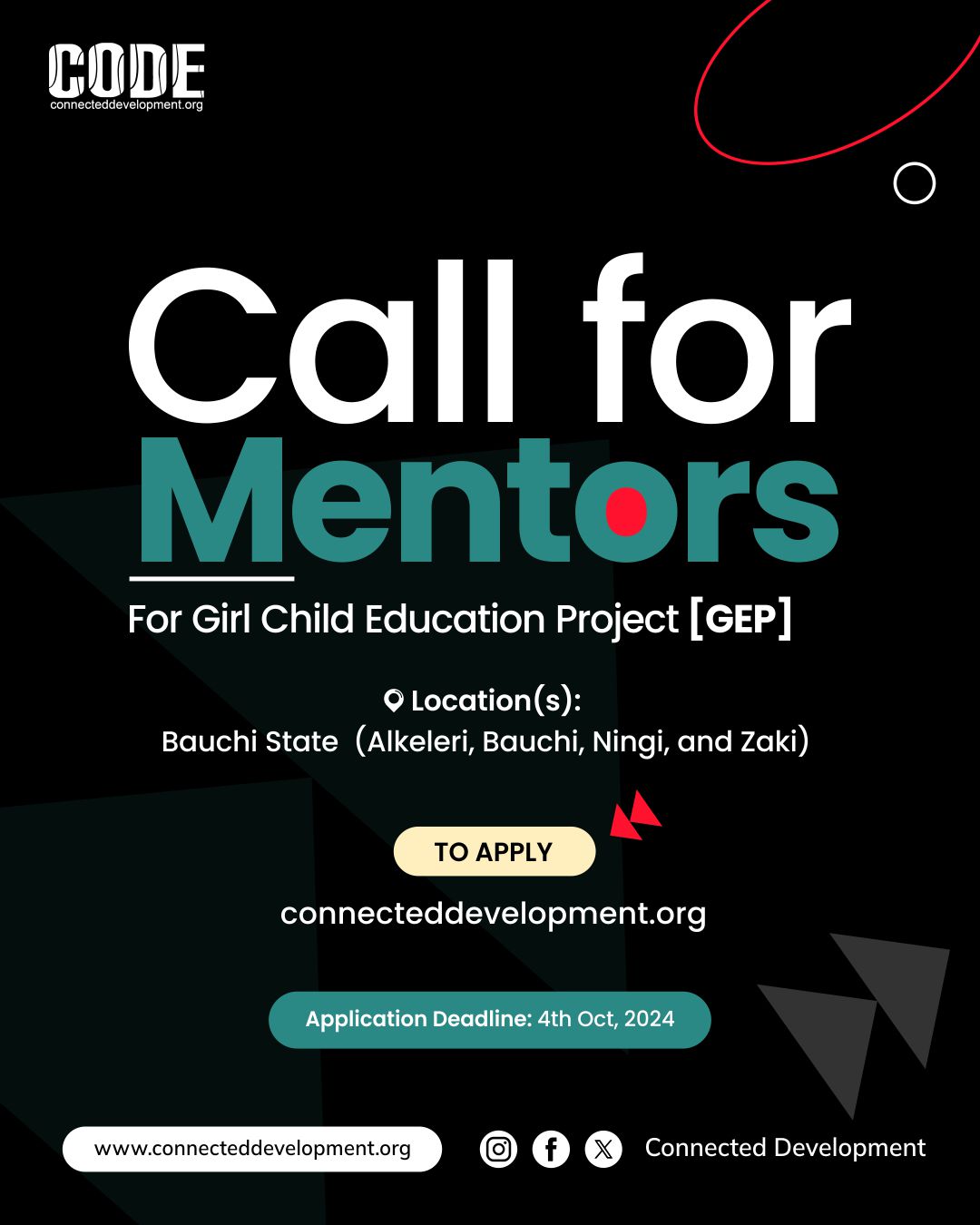- +234 09291 7545
- info@connecteddevelopment.org
Nigeria continues to contend with challenges of accountability, resource allocation, and service delivery, despite significant investments in education, health, and social sectors. These sectors are crucial for sustainable development, yet they suffer from inefficiencies, corruption, and a lack of transparency. According to UNICEF, over 10.5 million children are out of school in Nigeria, representing one of the highest rates in the world. Even with increased budget allocations, Nigeria’s education sector faces significant challenges, including inadequate infrastructure, low teacher quality, and high school dropout rates.
The healthcare system in Nigeria is plagued by issues such as poor funding, a shortage of medical personnel, brain drain, poor staff funding and inadequate facilities. The World Bank reports that Nigeria has one of the highest maternal mortality rates globally, with 814 deaths per 100,000 live births in 2020. Social programs aimed at reducing poverty and inequality often suffer from mismanagement and lack of accountability. For instance, the NSEG report (2019) shows that the National Social Investment Program (NSIP) has faced criticism for inefficiencies and corruption, which undermine its effectiveness in alleviating poverty.
Related
Connected Development is an initiative that is passionate about empowering marginalised communities.

